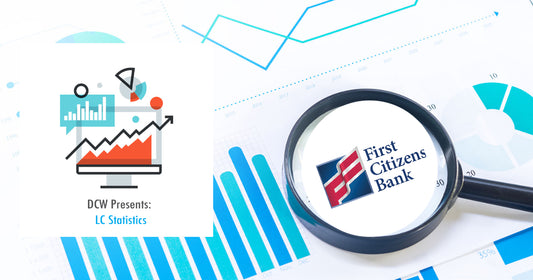Compliance Challenges for Banks
When coping with compliance quandaries, banks can create inadvertent and unnecessary
pressures on themselves. Shifting external threats and evolving regulatory requirements are unsettling enough. Banks should not compound these problems by neglecting matters they can control. The biggest avoidable mistakes were identified at last month’s Trade-Based Financial Crime Compliance workshop in Dubai.
A lack of coordination and teamwork within banks regarding their compliance plan fosters inefficiencies, shortcomings, and overall confusion. Department heads and key stakeholders must to give attention to this area and recognize the need for a coherent strategy.
Written record-keeping overlooked. Be it five days or five years in the future, memories can be faulty and responsibilities do not end after a task is complete. Bank managers must carefully consider documentation of decisions and the process by which they and their staff arrived at decisions and actions. Saying too much or not saying enough in written records can have serious consequences.
E-mails are forever. They never disappear completely and examiners can get messages through electronic discovery or other means if need be. Bank leadership needs to instill internal discipline among employees regarding what is said in electronic communications.
IIBLP has valuable resources to help your trade operations and compliance teams work together to avoid costly missteps. They include:
&nsbp
Trade Based Financial Crime Compliance Workshops:
Held in various markets around the globe since 2016, these workshops offer the latest information in regulatory regimes, as well as practical lessons on how to identify and avoid trade based financial crime. These events present a unique interactive opportunity merging the disciplines of trade, and compliance. View upcoming events.
&nsbp
Trade Based Financial Crime Compliance - The book:
Set for release in early July of 2017, this 500 page volume:
- provides productive and comprehensive steps for combating the common types of financial crimes that are facing financial institutions today; and
- discusses specific types of trade based financial crimes and how financial institutions can identify and prevent their occurrence (money laundering, terrorism financing, sanctions violations, proliferation of weapons of mass destruction, bribery, commercial fraud, and violation of anti-boycott provisions)
View Table of Contents and Pre-Order here.





